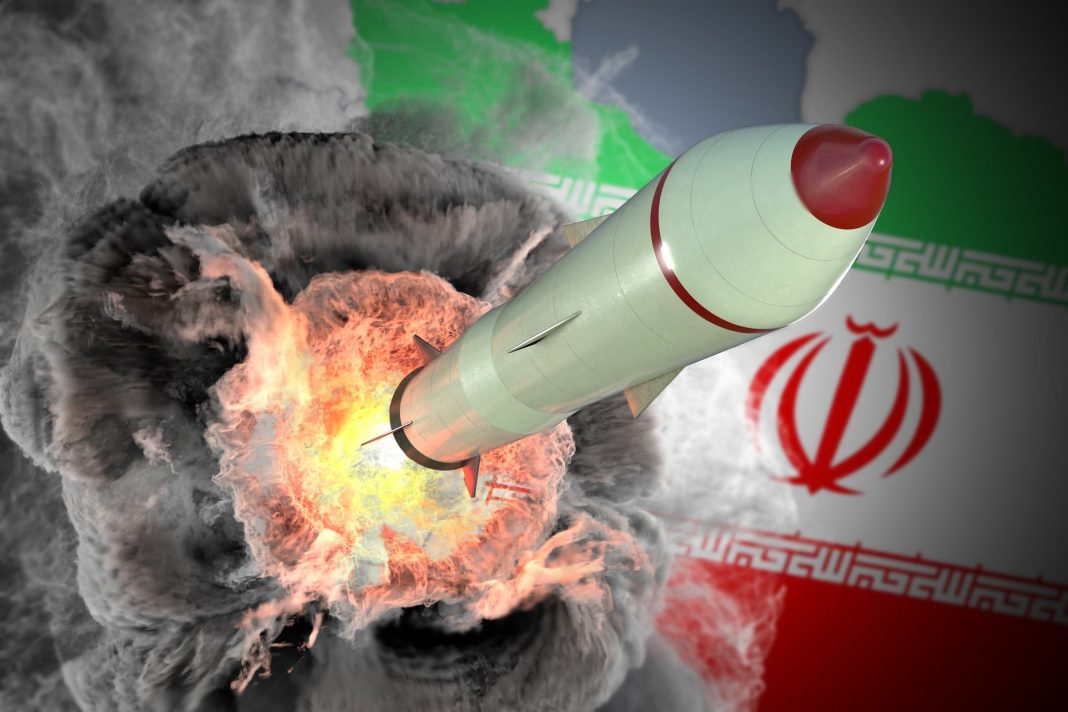د.ماجد رافيزادا: لهذه الأسباب فإن أي اتفاق جديد نووي مع إيران سيكون مصيره الفشل
Why any new nuclear deal with Iran is destined to collapse
Dr. Majid Rafizadeh/Arab News/May 05/2022
It is important for the world powers to understand that any renegotiated nuclear deal with the clerical regime of Iran will most likely fall apart.
First of all, there is significant opposition in the US to a new nuclear deal with the Iranian regime. This means that, regardless of what is signed, Congress can still inflict new economic sanctions on the Islamic Republic, escalating tensions between Tehran and Washington. Due to the widespread opposition, there is also a distinct possibility that, whenever the US gets another Republican president, his or her administration will likely pull the US out of the nuclear deal just like Donald Trump did.
The opposition to a new nuclear deal does not only come from politicians, but also from the military. For example, 45 retired US generals and admirals last month sent an entreaty, titled “Open Letter from US Military Leaders Opposing Iran Nuclear Deal,” to the Biden administration, warning it against reviving the deal. They wrote: “The new Iran deal currently being negotiated, which Russia has played a central role in crafting, will enable the world’s leading state sponsor of terrorism to cast its own nuclear shadow over the Middle East. As retired American military leaders who devoted their lives to the defense of our nation, we oppose this emerging deal that is poised to instantly fuel explosive Iranian aggression and pave Iran’s path to become a nuclear power, threatening the American homeland and the very existence of America’s regional allies.”
Although any nuclear deal will involve Iran and the P5+1 powers (the UK, Russia, China, France and the US, plus Germany), the two key players are Washington and Tehran. As the international community previously witnessed, when the Trump administration pulled the US out of the nuclear deal, the Iran regime also stopped complying with its commitments. This is due to the fact the US plays a crucial role in the global financial system. If American sanctions against Iran remain in place, many other countries and corporations will hesitate to do business with Tehran.
The regime has shown in the past four decades that it cannot be trusted to respect international agreements, laws and norms.
The EU also cannot singlehandedly help Iran skirt US sanctions. For example, after the US left the original nuclear deal in 2018, the EU attempted to salvage it. The three European signatories to the Joint Comprehensive Plan of Action — Germany, France and the UK — set up a new trading mechanism called INSTEX. But it did not help Tehran because it only dealt with pharmaceutical goods, medical devices and food products, while Iran’s main revenues come from the energy sector, notably the export of oil and gas. And European companies did not want to risk their business with the US or access to US financial systems by dealing with Iran.
The second reason that any nuclear deal with the ruling clerics is doomed to fail once again relates to the issue of trust. Unfortunately, the Iranian regime has shown in the past four decades that it cannot be trusted to respect international agreements, laws and norms.
The regime is desperate for a nuclear deal with the world powers, not because it wants to address other nations’ concerns about its nuclear activities but because it is facing major financial difficulties. The Islamic Republic needs a nuclear deal so that the US sanctions will be lifted, meaning it will again be capable of funding its military adventurism throughout the region, its ballistic missile program and its wide network of militia and terror groups.
This means that, while enjoying the financial fruit of the nuclear deal, the Iranian regime will most likely continue its nuclear activities clandestinely. There is evidence that the theocratic establishment was violating the 2015 nuclear deal before the US withdrew. In 2018, two non-partisan organizations based in Washington — the Institute for Science and International Security and the Foundation for the Defense of Democracies — released detailed reports about Iran’s undeclared clandestine nuclear facilities. In addition, the detection of radioactive particles in Turquzabad in 2019, Iran’s reluctance to answer simple questions about this secret facility and nonpartisan evidence about Iran’s nuclear activities at the location all point to the fact that Tehran was most likely violating the nuclear deal.
In summary, any new nuclear deal with the Iranian regime will most likely fail due to overwhelming opposition in the US and Tehran’s legacy of failure in adhering to international agreements and treaties.
*Dr. Majid Rafizadeh is a Harvard-educated Iranian-American political scientist. Twitter: @Dr_Rafizadeh























